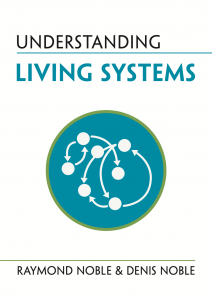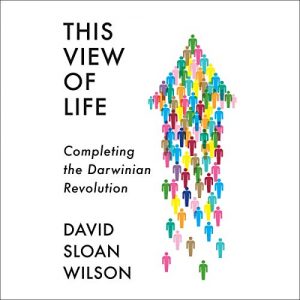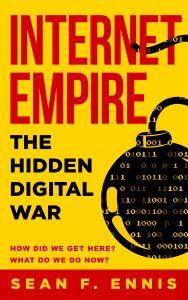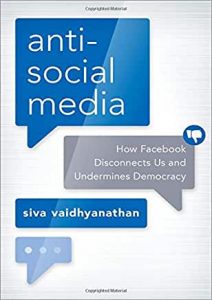I spent a couple of days this week at a summit on values in business and the economy at the Blavatnik School of Government in Oxford. Organised by Colin Mayer, Dennis Snower and others, it ranged over questions such as the philosophical foundations of value as they relate to policy to measurement questions, participatory practices, evolutionary approaches to economic theory, and digital governance. It was the kind of many disciplines (philosophy, economics, biology, anthropology, computer science), many types of participant (academics, practitioners, businesspeople) conference where I always learn a lot. This naturally includes jotting down references to books and papers.
So among other things I’ll be looking up the work of Ruth Chang and Teppo Felin, both amazing scholars I hadn’t come across before. Among the books that featured, my friend Celia Heyes gave a brilliant overview of the work she covers in her book Cognitive Gadgets: The Cultural Evolution of Thinking, about collective intelligence being what’s distinctive about humans, and its role in thinking about thinking: societies can build this metacognition – and also lose it. (It won’t necessarily make you optimistic.) Hilary Cottam presented her recent work, which is captured in her wonderful book Radical Help. Dennis Noble previewed his book with his brother, out this summer, Understanding Living Systems. Also on my to-read list will be David Sloan Wilson’s This View of Life and possibly a 1917/1925 title, Wolfgang Kohler’s The Mentality of Apes. Also recommended was The Philosophical Foundations of Neurscience by Bennett and Hacker – clearly important but possibly one for those with more of a foundation than I do in either philosophy or neuroscience!
As I wrote about a bit in The Soulful Science, there’s a long history of inter-play between economics and evolutionary biology, and interestingly the impression I got from the presentations was that the latter is as ripe for renewal as is economics (my claim in Cogs and Monsters), and in not dissimilar ways. To be pursued.







